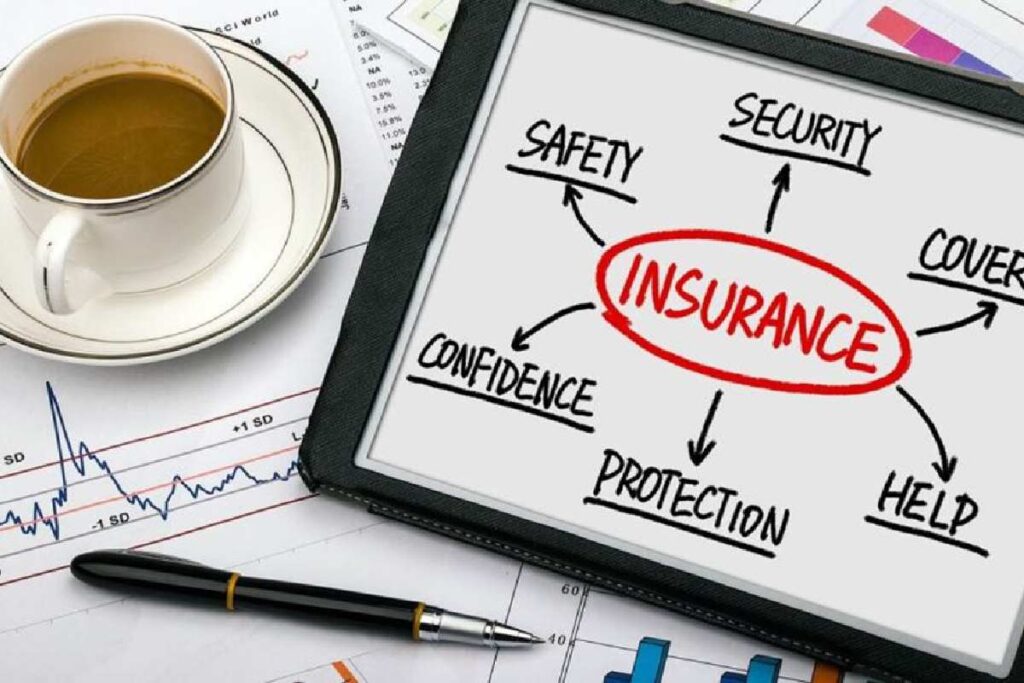Running a shop is more than just managing products and customers. It’s about protecting your livelihood from unforeseen risks that could cause financial strain. Fires, thefts, floods, and accidental damages can strike anytime, and without adequate protection, they can disrupt business operations. That’s where a shopkeeper insurance policy plays a vital role.
Designed to protect small and medium-sized enterprises, this policy ensures business continuity even during tough times. However, many shop owners unknowingly make errors while purchasing their insurance plan. Understanding and avoiding these mistakes can help you get the best coverage for your business.
Ignoring the Need for Comprehensive Coverage
One of the most common mistakes is choosing limited coverage. Many shop owners opt for basic protection against fire or burglary but overlook other risks such as floods, riots, earthquakes, or equipment breakdowns. A shopkeeper’s insurance policy is not just about safeguarding stock; it also protects furniture, electronics, and even public liabilities. To ensure your business is fully secured, select a plan that covers both natural and man-made disasters, as well as third-party claims.
Underestimating the Value of Assets
Incorrectly estimating the total value of your shop’s assets can lead to underinsurance. If the sum insured is less than the actual value of your property or stock, you might receive a reduced claim during a loss. Always calculate the total worth of your building, stock, and equipment accurately. This ensures that your compensation is sufficient to cover damages and helps maintain smooth operations without financial burden.
Overlooking Policy Exclusions
While inclusions are important, exclusions matter equally. Many business owners make the mistake of assuming that everything is covered. Certain damages like normal wear and tear, loss of profits, or illegal activities are generally excluded. Before finalising your shopkeeper insurance policy, go through the policy wording carefully. Understanding what is not covered will help avoid surprises at the time of claims and allow you to make informed choices.
Not Customising the Policy
Every business is unique. The risks faced by a grocery shop differ from those of a mobile store or clothing boutique. Yet, many shop owners purchase generic policies without tailoring them to their business needs. A good policy offers flexibility to include add-ons such as electronic equipment cover, cash in transit, or plate glass protection. Review your business model and discuss available add-ons with the insurer to customise your coverage effectively.
Focusing Only on the Premium Amount
Choosing an insurance policy based solely on the lowest premium is another frequent mistake. A cheaper plan might have limited coverage, higher deductibles, or longer claim processing times. Instead of looking only at the price, compare the overall value the policy provides. Check for factors like coverage inclusions, ease of claim settlement, and customer support. The right plan should offer balanced protection at a reasonable cost.
Ignoring the Claim Settlement Process
A shopkeeper’s insurance policy is only as good as the insurer’s claim settlement process. Many shop owners fail to verify how claims are handled. Understanding the claim procedure, required documents, and timelines can save you from future hassles. Always select an insurer with a strong reputation for prompt claim resolution and transparent service. Reading reviews and checking the claim settlement ratio can also help ensure reliability.
Not Reviewing the Policy Periodically
Businesses evolve over time. You may expand, change your product line, or upgrade equipment. Yet, many shop owners forget to review their insurance coverage after these changes. An outdated policy may leave critical assets uninsured. It’s advisable to reassess your shopkeeper’s insurance policy every year or after any significant business expansion. Keeping your policy aligned with your current risks ensures that your coverage remains effective and adequate.
Skipping Legal and Documentation Requirements
Missing essential documentation or failing to meet regulatory requirements can invalidate your claim later. Always provide accurate information when applying for your shopkeeper’s insurance policy. Ensure your shop’s registration certificate, trade license, and asset valuation documents are up to date. Maintaining transparency in your application prevents disputes and ensures smooth claim processing.
Forgetting to Compare Multiple Options
Many entrepreneurs buy the first policy they come across without exploring alternatives. Comparing different MSME insurance plans helps you find the best coverage at a competitive rate. Look at the inclusions, exclusions, claim ratio, and customer service quality of various insurers. Using online comparison tools or consulting an expert can simplify this process and help you make a well-informed decision.
Delaying the Purchase
Procrastination can be costly. Some shop owners delay buying insurance until they experience a loss, which defeats the purpose of financial protection. Accidents and disasters are unpredictable, and even a single day without coverage can expose your business to significant risk. Buying a shopkeeper’s insurance policy early ensures your shop is protected from day one and gives you peace of mind to focus on growth.
Final Thoughts
Running a successful business requires foresight and preparedness. Avoiding these common mistakes when buying a shopkeeper’s insurance policy ensures that you receive maximum protection for your assets and operations. Whether you manage a small retail outlet or a medium-scale store, investing in MSME insurance is an essential step toward long-term business security.
Protect your shop, employees, and customers by choosing a trusted insurer. Remember, a little diligence today can save you from major financial distress tomorrow. Choose wisely, stay protected, and focus on building your business with confidence.
*Disclaimer: The content on this page is generic and shared only for informational and explanatory purposes. It is based on several secondary sources on the internet and is subject to changes. Please consult an expert before making any related decisions.
**Insurance is the subject matter of solicitation. For more details on benefits, exclusions, limitations, terms, and conditions, please read the sales brochure/policy wording carefully before concluding a sale.
***Standard T&C Apply

